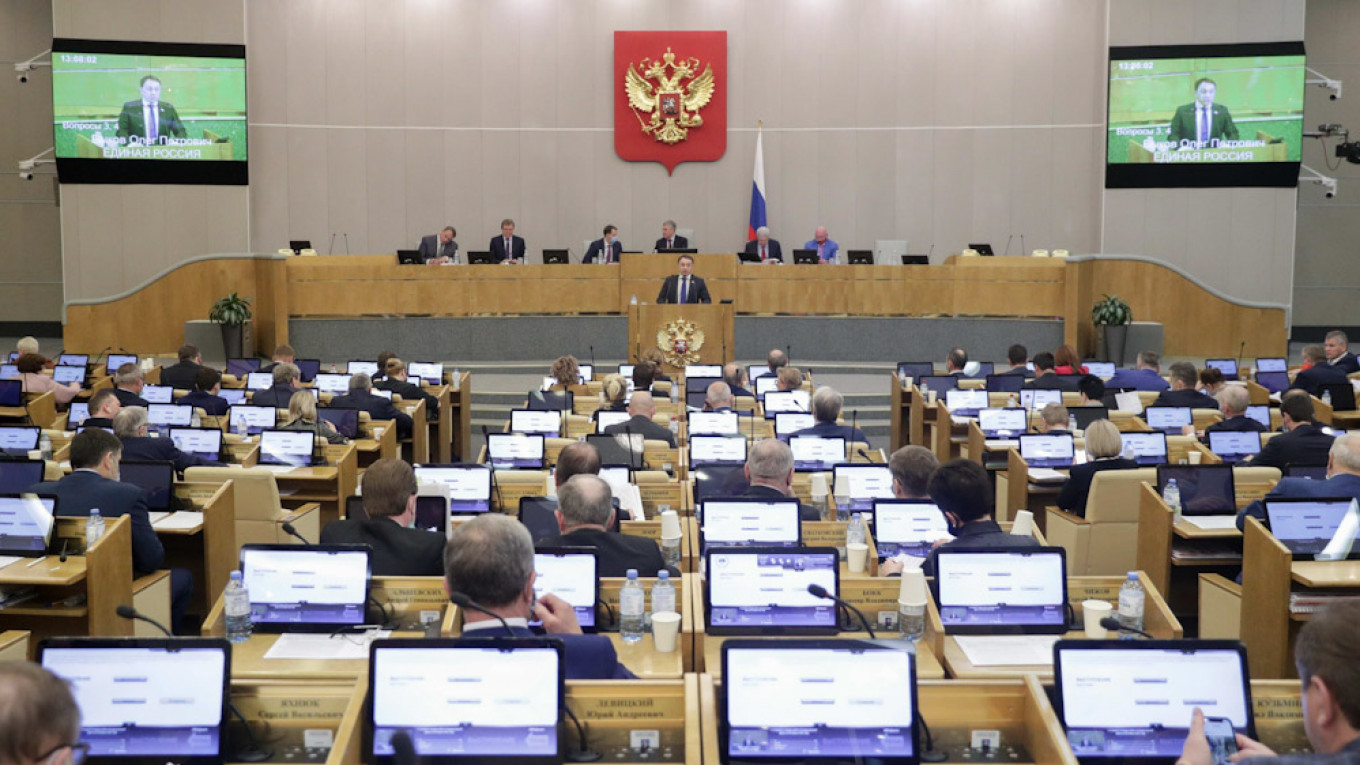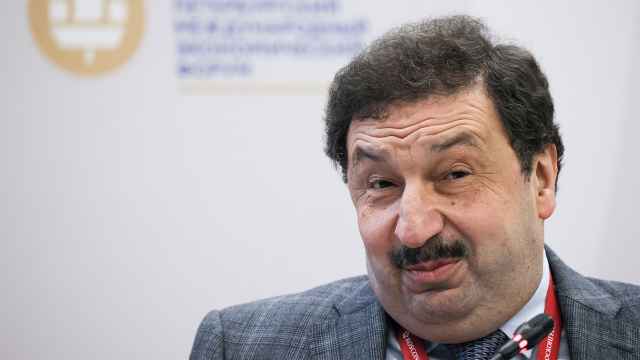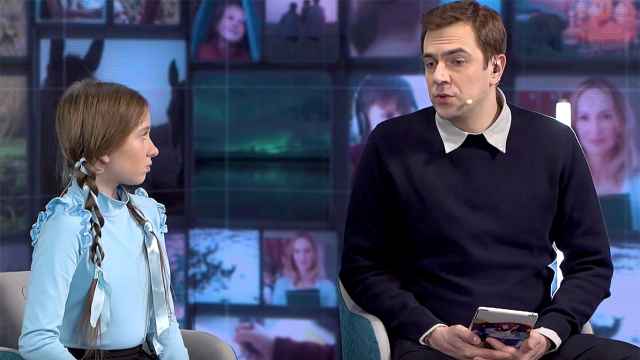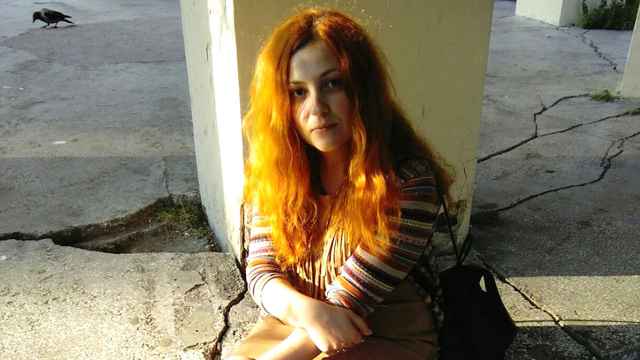Russia has banned non-state-approved educational activities and cooperation with foreign academics, according to highly criticized changes to Russia’s education law that came into effect Tuesday.
The law is based on the need cited by lawmakers for broad state power to permit or forbid activities outside formal academic settings. They said that the law was essential to counter “negative foreign influence in the educational process.” “Anti-Russian forces carry out propaganda under the guise of educational activities,” the bill’s authors wrote.
Two key provisions of the controversial law concern the requirement to obtain state permission for public outreach outside formal settings as well as for foreign academic partnership deals. The law also prohibits the incitement of hatred in public outreach.
Observers cautioned that the amendments to Russia’s education law would have a chilling effect on the public outreach activities among Russian scientists and academics. They also warned that, under the law, YouTube courses, popular online lectures and even podcasts could fall under government control.
Nearly a quarter-million people have signed a Change.org petition calling for the repeal of the law, and almost 1,700 Russin academics have signed a declaration condemning it. Prominent educators and the Russian Academy of Sciences’ presidium have urged lawmakers to repeal this “prior restraint” bill.
President Vladimir Putin signed the controversial legislation in early April despite the outcry in Russia’s scientific and education community.
With souring Russian-Western relations, several Russian scientists and academics have in recent years been jailed for treason and espionage on accusations of passing sensitive information to foreigners. Kremlin critics have accused the authorities of groundless paranoia in launching the criminal cases and conducting trials behind closed doors.
A Message from The Moscow Times:
Dear readers,
We are facing unprecedented challenges. Russia's Prosecutor General's Office has designated The Moscow Times as an "undesirable" organization, criminalizing our work and putting our staff at risk of prosecution. This follows our earlier unjust labeling as a "foreign agent."
These actions are direct attempts to silence independent journalism in Russia. The authorities claim our work "discredits the decisions of the Russian leadership." We see things differently: we strive to provide accurate, unbiased reporting on Russia.
We, the journalists of The Moscow Times, refuse to be silenced. But to continue our work, we need your help.
Your support, no matter how small, makes a world of difference. If you can, please support us monthly starting from just $2. It's quick to set up, and every contribution makes a significant impact.
By supporting The Moscow Times, you're defending open, independent journalism in the face of repression. Thank you for standing with us.
Remind me later.






